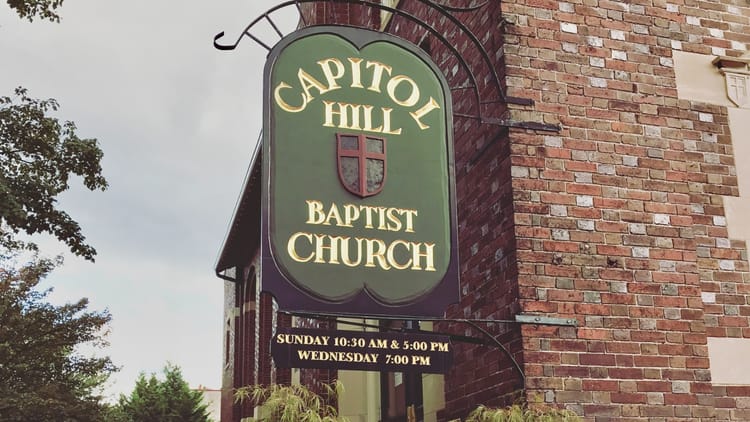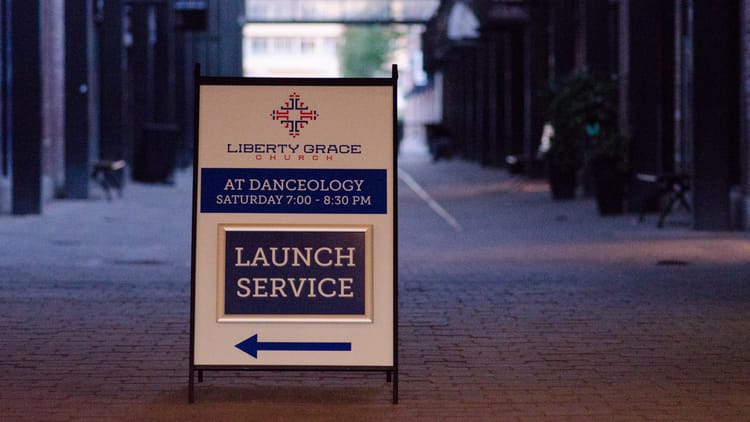Plant in Hard Places

The advice is good, as far as it goes. “Your ability to plant a church successfully is dependent upon your community’s spiritual fertility,” writes Ben Arment. Five plus years into planting, I couldn’t agree more. If you plant in a fertile area, your church will grow faster. You will reach critical mass quicker. You will see more reward for your labor.
And yet we still need to plant churches in hard places.
Growth will be slower. The headaches will be greater. And yet we still need planters who are willing to move into increasingly secular settings that have proved resistant to the gospel. Expect that it will be harder, but go anyway.
The Need
I live in Toronto, a city that was once known as a city of churches. The city is growing by 5% every year, even as churches are closing. Former church buildings are being converted into condos. I know entire communities that lack any gospel presence.
The reason is simple: we live in an increasingly unreached area. Many haven’t rejected the gospel. They've never heard the gospel. The question: how will we respond?
In a world with billions of people who have never heard the gospel, it makes sense to prioritize planting in the most unreached areas. This means planting among the people who, apart from missionary activity, would never hear the gospel. Within North America, it also means planting in communities with little gospel presence. It may be harder, but places like Toronto need missionary church planters.
The Gospel
It also makes sense to plant in hard places because of the power of the gospel. As Paul approached Rome, I’m guessing that some wondered if Paul would be threatened. The gospel may be powerful in other places, but surely Rome would be harder? Paul answered unequivocally: “For I am not ashamed of the gospel, for it is the power of God for salvation to everyone who believes, to the Jew first and also to the Greek” (Romans 1:16). Paul wasn’t just making a statement about the power of the gospel; he was making a point about the power of the gospel in hard places.
I’ve learned something about effective planters in hard places. They know that conditions are tough. They’re not naive, but they’re not intimidated either. They have such confidence in the gospel that they just assume that the gospel is more powerful than the soil is hard.
We can plant with confidence because the gospel is powerful in the hardest and most intimidating places.
History
Finally, we should plant in hard places because of history.
Take Quebec, still one of the most unreached areas in North America. In the 1940s and 1950s, pastors were harassed, attacked, and even jailed. And yet they persisted. “It is probably difficult for Western Christians in today’s world to grasp how deeply divisive it was, within the closed community of French Canada at that time,” writes D.A. Carson.
Today, the picture is different. The need is great in Quebec, but I know of many strong churches. People are being baptized. The church is growing.
I’m not blind to the challenges. It’s much easier to plant a church in a fertile community. But hard places need church plants too. I’m praying that many will rise to that challenge.






